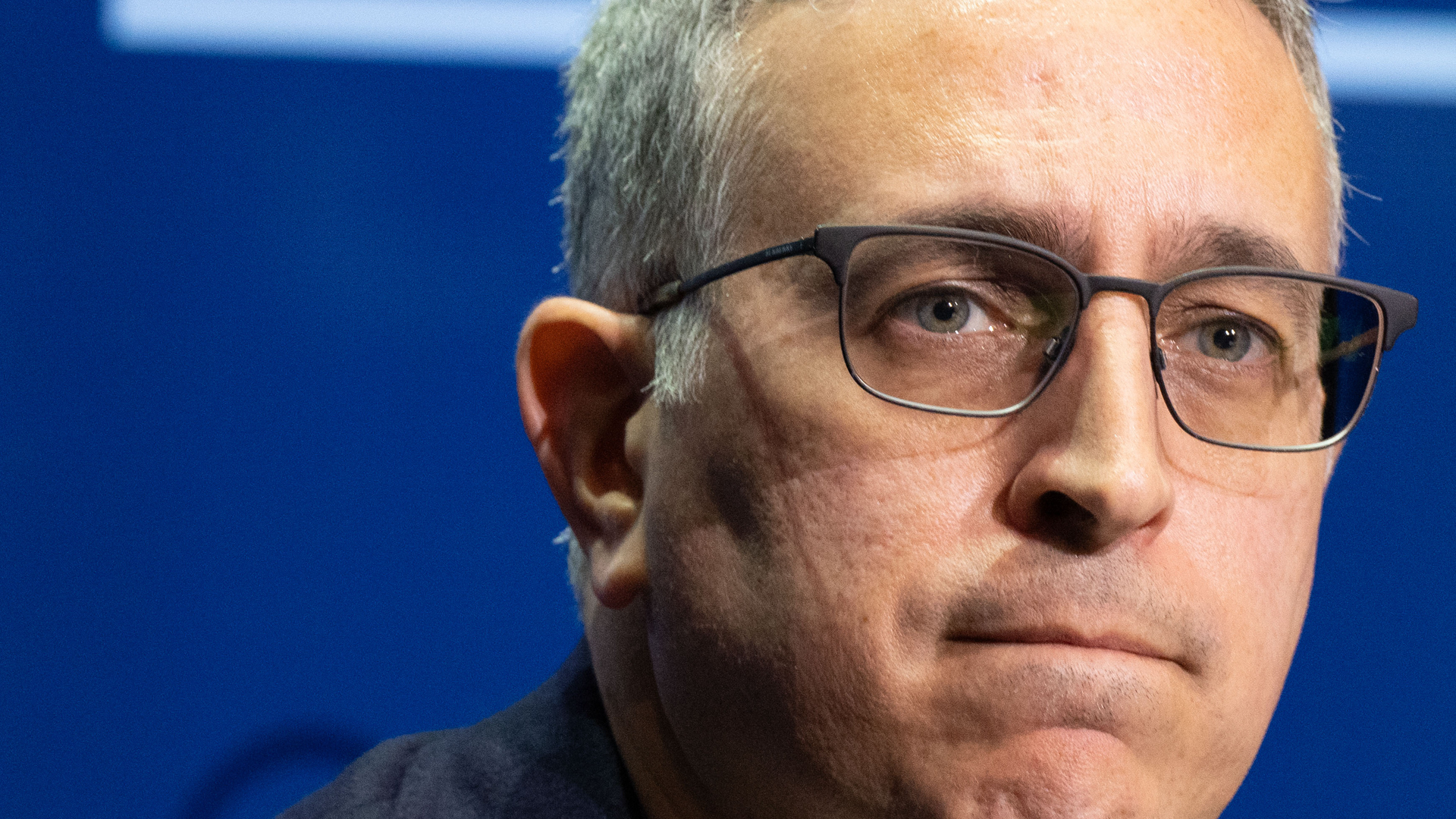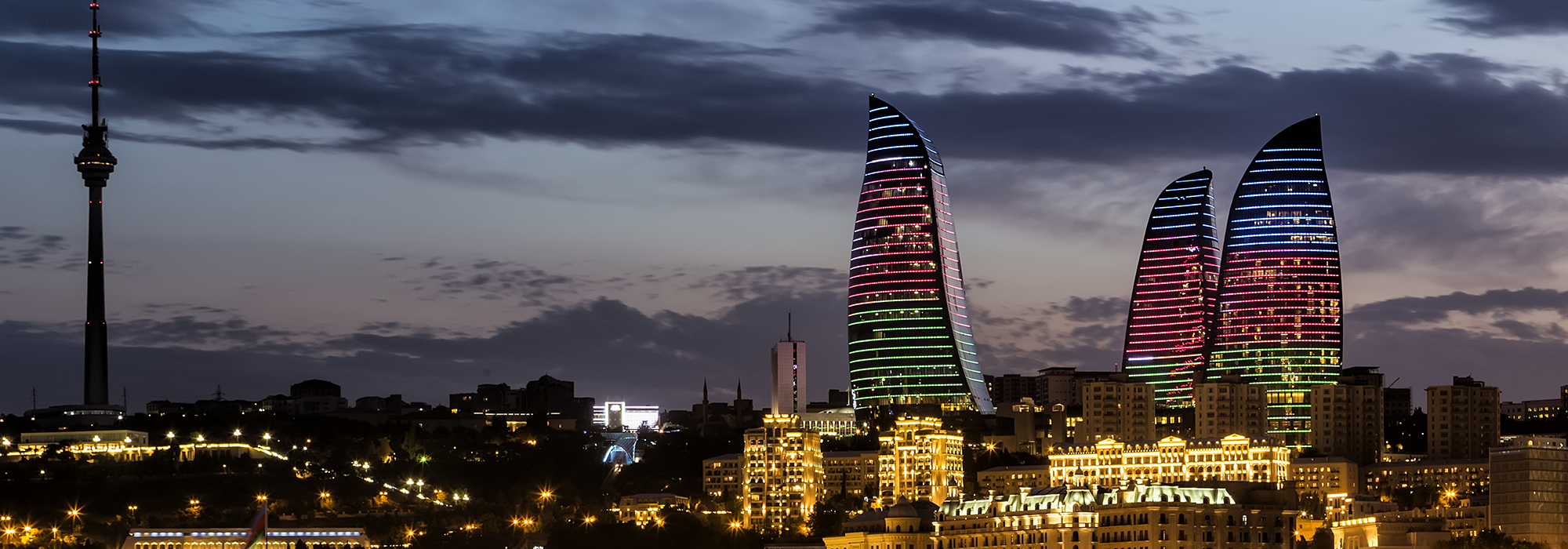
One can only imagine how disconcerted « official Erevan » (i.e., the Armenian government) was when, on the day after the ceasefire was announced, the foreign ministers of Russia and Iran were photographed in Baku together with their Azerbaijani counterpart, all three bearing wide smiles and putting their hands together for the cameras, in a gesture of trilateral solidarity.
This scheduled meeting was concerned with the implementation of a north-south transport corridor from Russia to Iran through Azerbaijan, and southward to the Persian Gulf (as well eventually the reverse route to Moscow). So in principle, the meeting had nothing to do with Nagorno-Karabakh. But, of course, it could not fail to be put in that context.
Although Russian defensive weapons from the Russian military base in Armenia were transferred into Armenian-occupied Nagorno-Karabakh even before the ceasefire was agreed upon, there is a clear distancing between Moscow and Erevan, and an increasing rapprochement between Moscow and Baku. As a good example of these attitude shifts, when official Armenian news services accused the Azerbaijani forces of coordinating their military moves with Turkey’s general staff, the spokesman for the Russian foreign ministry took pains to distance his own country from that accusation, saying that it was an Armenian claim but not a Russian one.
Since the ceasefire, there have been protests in front of the Russian embassy in the Armenian capital Erevan over Russian arms sales to Azerbaijan. In fact, Russia has emerged as Azerbaijan’s largest arms supplier, but it refuses to sell weapons systems that could be employed in order to take back the territory of Nagorno-Karabakh, and it sells weapons to Azerbaijan only at world market prices, whereas Armenia pays the much lower rates that are in force in the Russian domestic market.
Azerbaijan is in a much stronger position over Nagorno-Karabakh, not only because of its arms purchases (from other sellers as well as from Russia over the last 20 years). There are three main reasons for this. First, its economy is much stronger, notwithstanding the recent drop in the world price of oil and gas. It is no longer just a newly independent state just emerged from Soviet domination.
Second, the diplomatic weight has decisively shifted in favour of Azerbaijan. No state, not even Armenia, has recognized the political independence of the Karabakh entity, even though the last three presidents of Armenia have in fact come from Nagorno-Karabakh (leading some cynics in Erevan to refer to their own country as the « Republic of Greater Karabakh »). One clear indicator of this shift is the repeated calls by the Parliamentary Assembly of the Council of Europe (PACE) on Armenia to withdraw from the occupied territory.
Another organization, the Organization on Security and Cooperation Europe (OSCE), has for 20 years unsuccessfully brokered talks between the two sides, in a forum co-chaired by France, Russia and the United States. Iran has over the last 20 years improved its relations with Armenia to a level of strategic cooperation, while it is confounded by Azerbaijan, because Azerbaijanis are Shi’a Muslim but their state is secular and has a democratic rather than a theocratic structure and constitution.
Third, and perhaps most significantly, as the United States’ diplomatic weight in the South Caucasus has decreased over the last decade, Russia’s has grown. In particular, Russia’s relations with Azerbaijan are greatly improved: so much so that Moscow can now also count Azerbaijan as a friend in the region, as well as Armenia, which is diplomatically isolated and ever more dependent on Russian help. Therefore as Moscow moves to improve relations with Azerbaijan, Armenia has no real leverage to halt such a development.
Inside the Iranian government, some factions of the elite are looking to improve relations with Azerbaijan for economic reasons, but the Iranian military, military intelligence and the Revolutionary Guard have publicly threatened the overthrow of the government in Baku, and their agents have been arrested there seeking to establish terrorist networks.
As well, Azerbaijan has excellent relations with Israel on all levels, which irks Iran intolerably. Yet Iran is fairly shut out from discussions over a Karabakh settlement, because the established mechanism is the OSCE, and clearly Iran is not a member of that organization.
But Iran also needs Azerbaijan, and not only for the north-south transit corridor with Russia. Sympathetic diplomatic noises have come from Baku over the prospect of Iranian gas reaching Europe through the Southern Gas Corridor (Azerbaijan-Georgia-Turkey-Greece/Bulgaria), which is already scheduled to take Azerbaijani gas to Europe.
The prospect is unlikely because Azerbaijan has as much gas as it wants for filling the pipeline, and it is much more economical for Iran to liquefy its gas (which is mainly in the south of the country) for transoceanic shipment to Asia. However, it is in Iran’s interests to launch this propaganda balloon in order to mollify European opinion.
By contrast, Azerbaijan has actually increased its oil and gas cooperation with Russia in nominal symbolic terms, even if the real amounts do not mean very much. What could be more significant, especially in the trilateral cooperation including Iran, is that Azerbaijan has increased its electricity generation capacity by almost one-third over the past five years and it can now significantly overproduce for export. The three countries have expressed official ministerial-level interest in linking their electricity networks, and they have already formed a working group for this purpose.
Linking their electricity networks would also be useful for implementing the rail corridor that is intended to be part of the trilateral cooperation. Turkish ministries had over five years ago drafted plans, in cooperation with the Azerbaijanis and the Georgians, for power and transportation cooperation among the three South Caucasus countries, including Armenia. Turkey proposed this because it believed that stability in the region was to its and everyone else’s benefit at a time of potential Turkish-Armenian rapprochement, but Armenia declined to consider the possibility.
Photo: Ververidis Vasilis / Shutterstock.com
Do you have something to say about the article you just read? Be part of the Policy Options discussion, and send in your own submission. Here is a link on how to do it. | Souhaitez-vous réagir à cet article ? Joignez-vous aux débats d’Options politiques et soumettez-nous votre texte en suivant ces directives.







